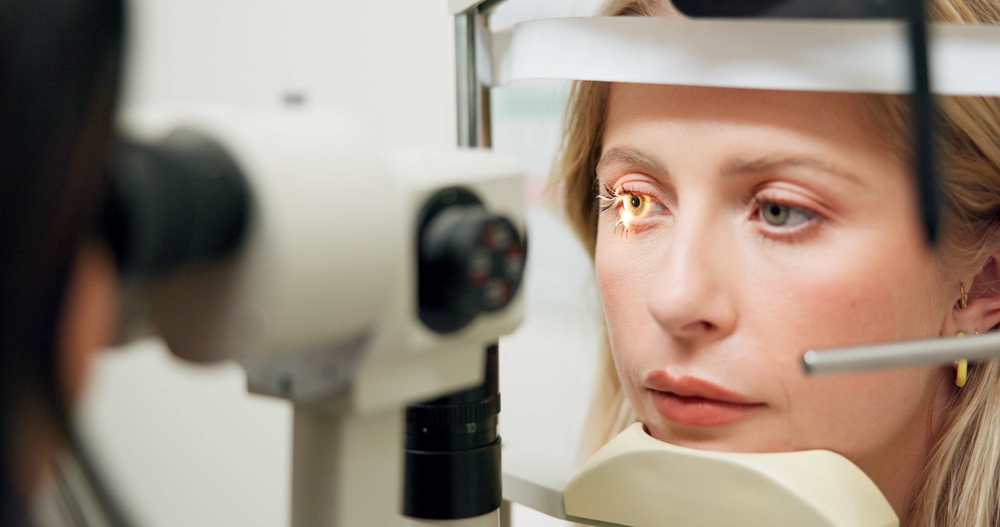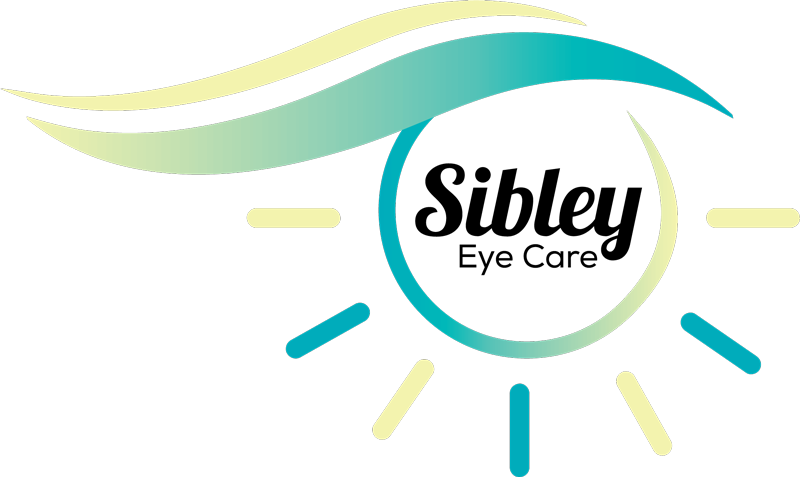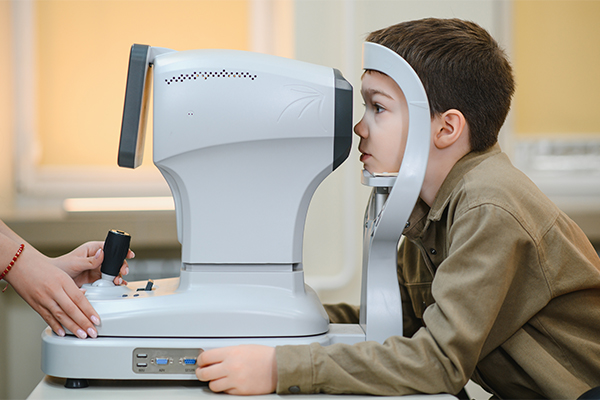
Why Comprehensive Eye Exams Matter
Even if your vision feels fine, a comprehensive eye exam is about much more than reading an eye chart. These exams give a full picture of your eye health, helping detect problems early, sometimes before you notice any symptoms. Early detection means more effective treatment and better long-term vision.
What’s Included in a Comprehensive Eye Exam
During a comprehensive eye exam, we will:
Test your visual clarity to determine your exact prescription for glasses or contacts.
Examine the retina and optic nerve to check for signs of eye diseases like glaucoma, macular degeneration, or diabetic eye issues.
Assess eye coordination and focusing to ensure your eyes are working together properly.
Screen for overall health conditions such as diabetes or high blood pressure, which can show early signs in your eyes.
Who Should Get a Comprehensive Eye Exam?
Everyone benefits from regular comprehensive eye exams, even if you have perfect vision.
How Often Should You Get One?
Most adults should have a comprehensive eye exam every 1–2 years, though your eye doctor may recommend more frequent visits depending on your age, health, or risk factors.
Your Eyes Deserve the Best
A comprehensive eye exam is more than just a vision check, it’s a complete look at your eye health. Regular exams help protect your sight, catch problems early, and give you peace of mind. Schedule yours today to take proactive steps toward healthy vision for years to come.





